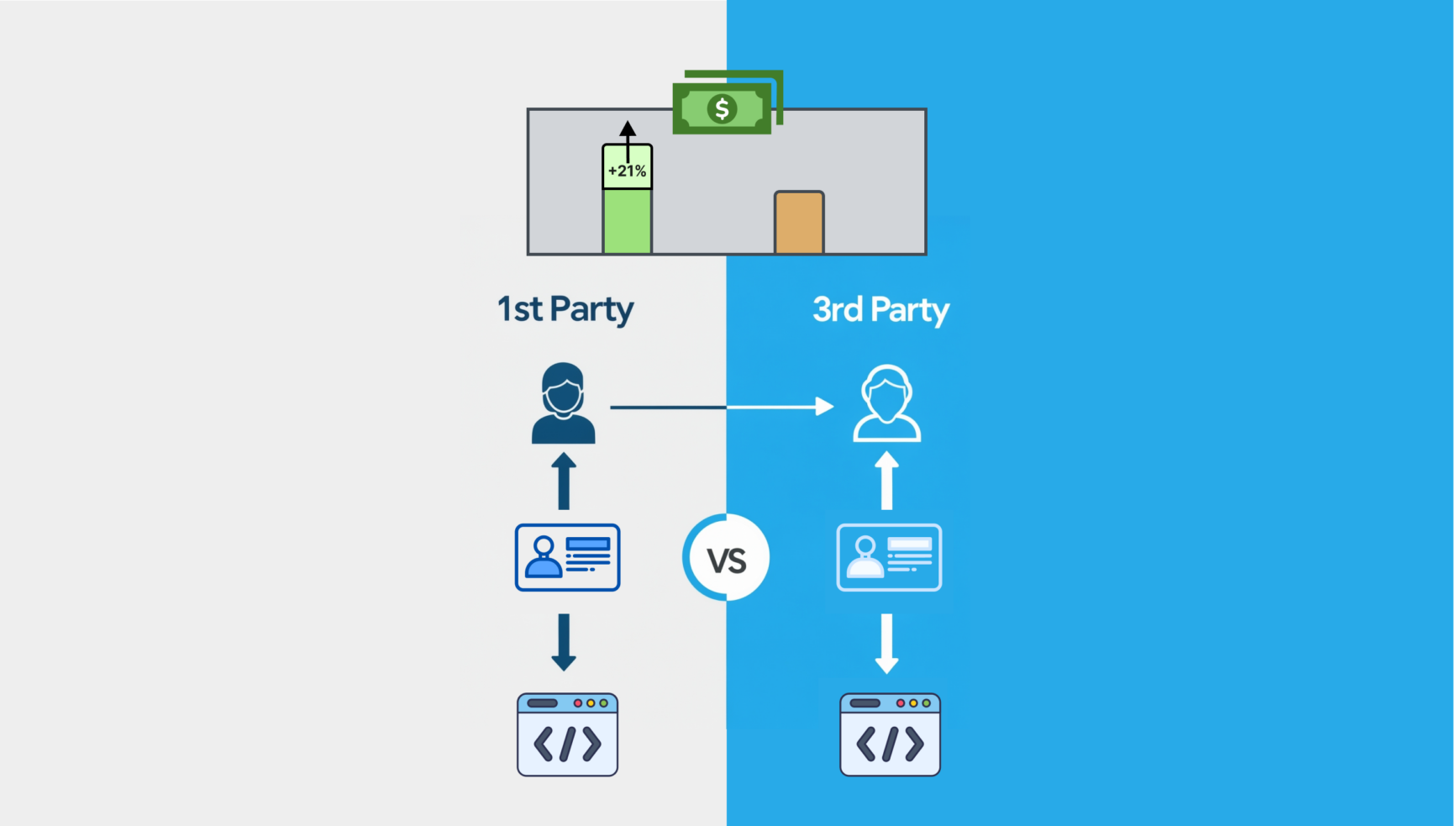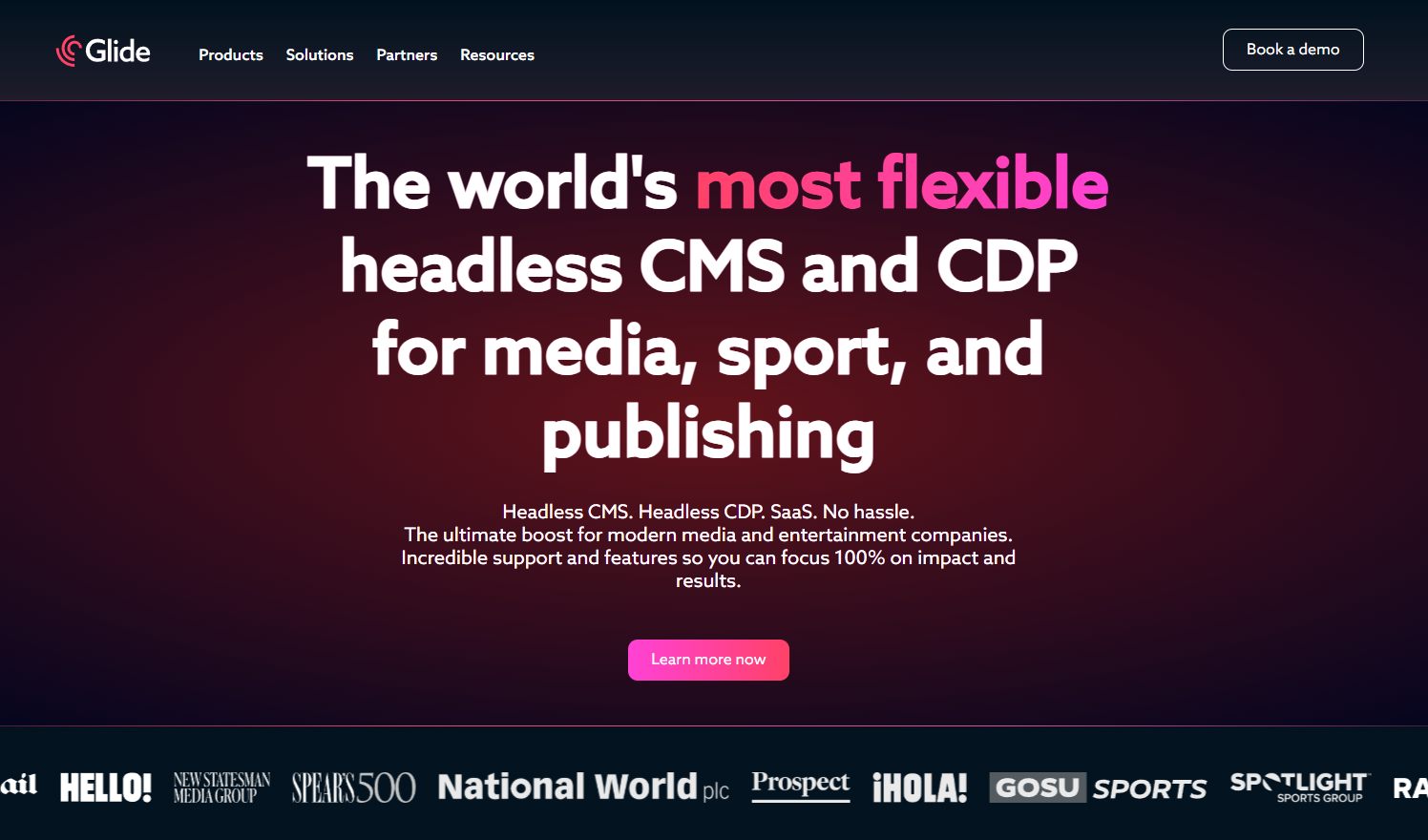Justin is one of the country’s top ad and revenue operations leaders. His work has touched dozens of publishers, empowering them to realize over $175 million in revenue for their sites. Justin’s innovative perspective on data practices has helped account management teams, accounting and finance teams, and sales and marketing groups to become focused on true ROI and value for customers.
As an industry innovator, Justin’s work has also directly impacted leading industry technologies, from SSPs, ad exchanges and ad servers, to the auction dynamics and pricing models that form the backbone of today’s digital advertising ecosystem. Justin is obsessed with ensuring publisher success, and his tireless work on their behalf continues to evolve as new industry obstacles arise. His ability to teach and shape operations, development, engineers and products teams is unmatched, as are the strong relationships he’s developed via his partnerships throughout the ecosystem.
At Media Tradecraft, Justin leads teams across ad ops, dev ops, data science and tech partnerships. Before co-founding Media Tradecraft, Justin spent over six years running ad ops for an award-winning publisher monetization company. He built individual designers for over 30 publishers along a broad spectrum of verticals.
He is a graduate of the University of Vermont and holds an MS from George Mason University, with advanced degrees in Statistics and Applied Mathematics.
What led you to start working in the media and ad tech industry how did this lead you to found media tradecraft?
Like many people, I sort of “fell” into the digital media industry. I was originally working towards getting a master’s degree in statistics when I came across an available part-time job that fit around my school schedule.
Once I got a taste of working in the field, I immediately fell in love with the industry. I learned about yield strategies, ad serving, buyers, SSPs, DSPs and all the connected layers that help a publisher succeed. Upon graduation, I was offered a full-time position and accepted it to further explore my passion for the industry.
Throughout the time my co-founder and I have spent working in the industry, we noticed a greater need for services and solutions to help publishers. We saw gaps in the ability of tenured companies to innovate and provide the adequate services that publishers really needed. Thus, Media Tradecraft was built on the core values of providing top-tier and high-touch service that yields better results to fewer publishers.
What does a typical day look like for you? What does your work setup look like? (your apps, productivity tools, etc.)
Everyday looks a little different. I spend a ton of time working with our publishers to ensure that we provide exceptional customer service and increased revenue. Our team builds and executes strategies to drive additional business outcomes for each site, such as identity planning, better infrastructure, monitoring and new data systems.
I work closely with our Head of Ad Operations to execute updates to the ad server, prebid and campaigns. In collaboration with our development team, we create new advertising strategies for our publishers and create custom, individualized technology that takes publishers to the next level. I always make time to train and educate our growing team to ensure everyone is up to date.
What’s the fastest growing area in digital advertising and why?
The world of cookieless and identity management has experienced tremendous growth and continues to gain traction as 2023 approaches. The industry has relied on third-party cookies for quite some time and how data is retrieved is transforming.
The industry is going through a huge foundational change and it has prompted people to find new targeting solutions and build privacy-safe infrastructure.
How are tech giants like google, meta and amazon fairing in their attempts to create solutions for a post-third-party cookie world?
I think anyone who has logged-in users (or can target users without third-party cookies) is in a good position, but advertisers will not want to buy in just a few walled gardens. Buyers and brands will need diversification in buying to receive different outcomes.
For example, a user’s attention and engagement metrics differ on Meta, Google Search and Amazon than they are on other domains across the web. That is important for attribution on the buy-side.
What are the key metrics that publishers should define their success by?
Publishers should implement a strategy that combines both revenue and audience metrics to have a better understanding of where their audience comes from and how they consume content.
For example, things like revenue per session (RPS) and revenue per thousand (RPM) are important on the revenue side, while users, sessions and sessions per page are important on the audience side.
What’s the problem that you’re passionately tacking at media tradecraft at the moment?
Over the past few months, we have been passionately tackling the hiring of the right people and our overall continued growth as a company.
We have seen amazing response and success from our publishing partners. To continue that success, we have a responsibility to strategically grow by hiring the right talent who align with our core values. We are grateful to have this problem, but it means we must be mindful in making sure all new publishers have the adequate support and expertise to be successful.
How does media tradecraft differentiate from other digital advertising service companies, and how is it uniquely positioned to help publishers?
Media Tradecraft’s unique differentiator is our commitment to high touch service for a smaller client base.
Content from our partners
We focus on fewer clients, better results, higher touch and bring back the customer service and customization side of adtech. Each of our publishers have a different ad setup with unique technology and customized solutions that cater to their individual needs.
During this pivotal time for the adtech landscape — with the cookie going away — our customized solutions provide publishers with what they need to maximize and reach their full potential.
Do you have any advice for ambitious digital publishing and media professionals on how they can deliver compelling editorial content that grows their audience?
Professionals should focus on creating exceptional user experiences. Monitor audience data and build a comprehensive data set to understand audience interest and how to best engage with your users.
Provide unique content that gives users a reason to keep coming back for an experience they cannot find anywhere else.












